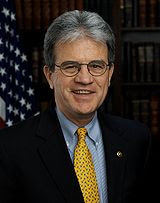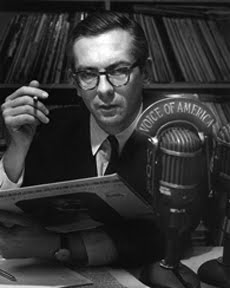 We’re delighted with Senator Dave Knudson’s leadership in getting a new open records law through the South Dakota Senate. The Republican leader from Sioux Falls introduced SB-147 in late January, and it has cleared the Senate – unanimously – and now awaits action in the House.
We’re delighted with Senator Dave Knudson’s leadership in getting a new open records law through the South Dakota Senate. The Republican leader from Sioux Falls introduced SB-147 in late January, and it has cleared the Senate – unanimously – and now awaits action in the House.The legislation is important because it introduces a fresh new perspective regarding public records: unless there’s good reason to keep them closed, all public records are open for public scrutiny!
That would be a big change for South Dakota, which has one of the most restrictive laws in the country. Admittedly, SB-147 has a long list of records that would remain closed, and some of those provisions are vague enough that officials can still probably keep a lid on some information that should be made public, but we still support the bill because of its presumption of all records being open.
How the House and Governor Rounds will handle SB-147 is uncertain. Its bipartisan group of co-sponsors, ranging from Senators Adelstein and Heidepriem to Representatives Hunhoff and Faehn, bode well for the measure.
Rounds has been a staunch opponent of previous open records initiatives, and he managed to exert enough influence to get an open records bill killed last year. Early this session, reporter Bob Mercer quoted the Governor as saying that changing the law could inadvertently disclose personal information about private citizens that “a bureaucrat” had gathered.
Personal privacy is a valid concern, and Knudson and his co-authors have done a good job in SB-147 of protecting privacy; witness the laundry list of items that would remain closed.
Perhaps the Governor should be just as concerned about bad and potentially embarrassing government activities that public documents could reveal – but that are kept under wraps by “a bureaucrat” who wants to protect himself or his bosses.
Can you say “no-bid contracts”?




